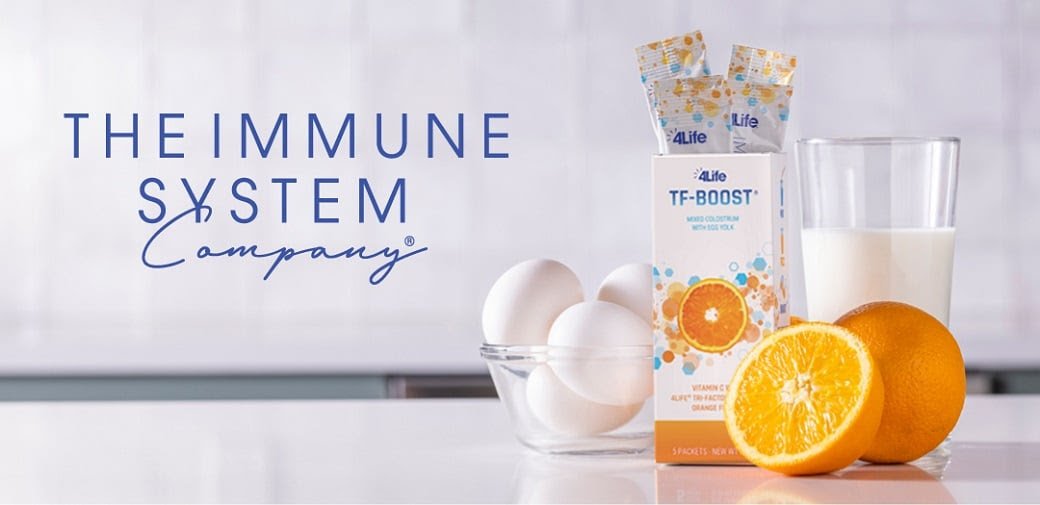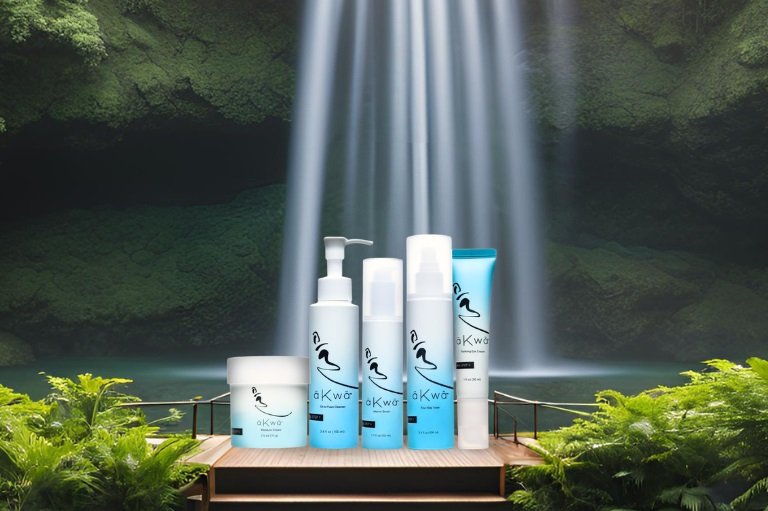Father’s Day Wellness Gifts

Father’s Day is not a calendar date it’s an occasion to show genuine gratitude towards the wonderful dads, granddads, and father figures in our lives. Although traditional gifts such as ties, wallets, or grill sets are always welcome, today there’s also a tendency to provide Father’s Day health gifts which promote health, vigor, and wellness. Whether your dad is a fitness and health enthusiast, healthy food enthusiast, or just someone who needs some TLC, HerbsPro has a variety of health and TLC-themed gifts ideally suited for the father.
Below is an ultimate selection of the best Father’s Day wellness gifts that offer functionality, TLC, and long-term benefit all at HerbsPro.
1. Men’s Health Multivitamins
A morning multivitamin is a great place to begin with overall wellness. As men grow older, their nutritional needs change and more and more it is important to fill gaps in missing significant vitamins and minerals with diet. Men’s multivitamins are designed to handle cardiovascular wellbeing, prostate health, energy metabolism, and immune system.
2. Omega-3 Fish Oil for Heart and Brain Support
Heart and brain health are the concern of everyone in the majority of men, particularly those over the age of 40. Omega-3 dietary supplements, particularly pure fish oil, have dense fatty acids such as EPA and DHA which optimize heart function, fight inflammation, and enhance mental clarity. Present your dad with heart health with the highest choices such as Nordic Naturals Ultimate Omega or Carlson Labs Fish Oil both of which purity, potency, and responsible sourcing are a signature. It’s one health gift that’s truly an investment with each dose.
3. Joint Support and Mobility Supplements
As men age or remain healthy through golf, cycling, or even home upkeep, the health of the joints is something to worry about. Supplements such as glucosamine, chondroitin, MSM, and turmeric can relieve stiffness in the joints, become more elastic, and reduce pain and soreness day by day.
Best-seller products like Move Free Advanced and Turmeric Curcumin with Bio Perine make great gifts to send so that joints stay healthy and limber. They remind him every day, in a gentle way, that you want him to be comfortable and able to move around.
4. Natural Sleep Aids and Relaxation Support
If your dad is not sleeping or stressed, then relaxation and sound sleep wellness gifts are suitable. A good night’s sleep is required to remain energetic, alert, and the immune system to function well. Natural sleep supports such as melatonin, valerian root, or herbal tea aid the body’s natural in-built clock without leading to addiction.
Some of the best sellers are Natrol Melatonin, Herbs Etc. Deep Sleep, and Natural Vitality Calm Magnesium Powder. They make wonderful gifts for busy or stressed dads who need improved sleep and mental acuity.
5. Immune Support Supplements
Give your dad a little added immunity kick with immune support supplements that maintain him in top shape all year long. Supplements containing Vitamin C, zinc, elderberry, and echinacea are of great recommended for their ability to activate the body’s natural defense.
HerbsPro has a decent selection of immunostimulatory products such as Airborne Gummies, Sam Bucol Elderberry Extract, and Nature’s Way Immune Blends. They are not only local and easy, but they also indicate that you care about his overall health.
6. Protein Powders and Fitness Supplements
If your dad is a bodybuilding enthusiast who likes exercising, working out at the gym, or being fit, he will love bodybuilding and recovery supplements. Protein drinks, BCAAs, and pre/post-workout pills help recover muscles, provide energy, and sustain endurance.
Optimum Nutrition Gold Standard Whey or Orgain Organic Plant-Based Protein are both great options that provide clean, effective nutrition to any workout routine. With a shaker bottle, you now have the complete gift set for the fit father.
7. Probiotics and Digestive Wellness Support
Gut well-being is the secret to immune, energy, and even mental health. Probiotics and digestive enzymes are the gift of health, particularly for bloating, irregular digestion, or food intolerance-perplexed dads.
Products such as Garden of Life Probiotics for Men and Enzymedica Digest Gold Enzymes are leading bestsellers that pay homage to healthy microbiome and improved nutrient assimilation. A healthy gut translates to a healthier dad.
8. Men’s Grooming Essentials
Self-care is wellness too. Replace your dad’s shaving kit with natural personal care products which are less harsh on the skin and chemical-free. Shaving cream, moisturizers, beard oil, and natural deodorants are all great ideas.
Every Man Jack, Bulldog Skincare, and Tom’s of Maine are some of the great brands that have the best-quality, clean-label men’s grooming brands available. They are ideal for dads who like smelling amazing and fresh throughout the day.
9. Stress Relief and Mood Boosters
Fatherhood is stressful yet fulfilling. Boost your dad’s mood with supplements that relax and soothe. Adaptogenic herbs such as ashwagandha, Rhodiola, and L-theanine can balance stress hormones and improve mood.
Provide a bottle of KSM-66 Ashwagandha, Gaia Herbs Stress Response, or Host Defense Myco Botanicals Stress Decompress to help your dad feel more centered, resilient, and responsive.
Conclusion
This Father’s Day, step out of the ordinary and get something unique that adds to your dad’s health, energy, and well-being. From energizing supplements to stress-relieving aids and exercise boosters, there is a gift for well-being to suit every kind of dad at HerbsPro. Such thoughtful gifts not only show your love but also help him feel his best each day. Make this Father’s Day special by gifting the divine gift of health and buy the entire collection today from HerbsPro.
Father’s Day Wellness Gifts Read More »










